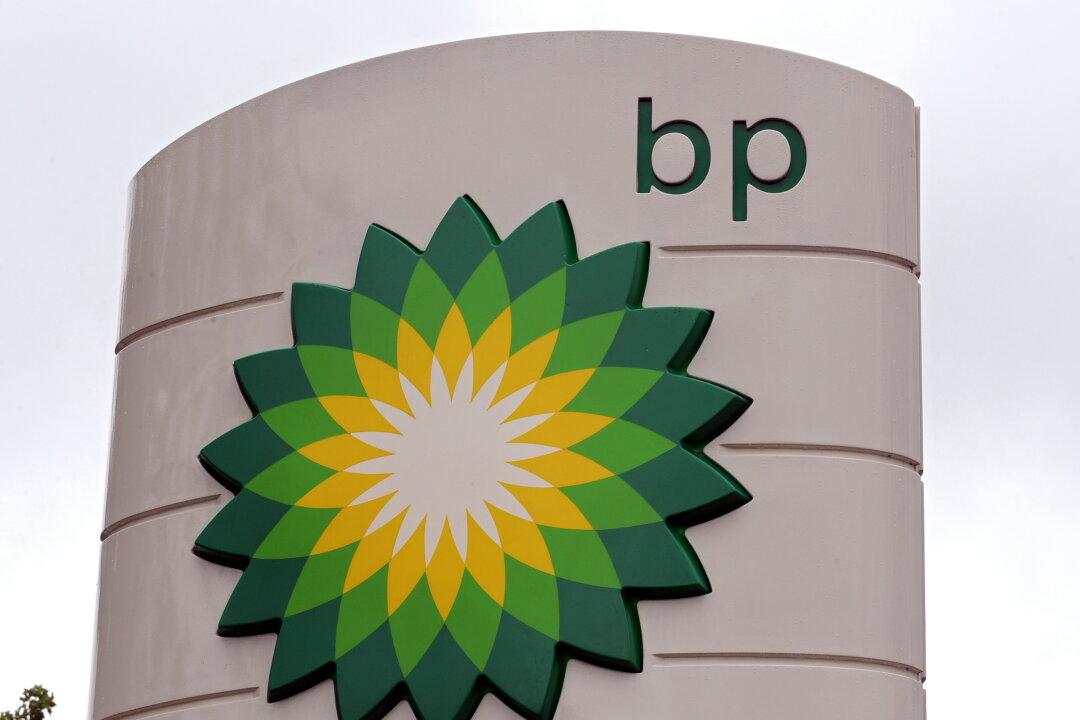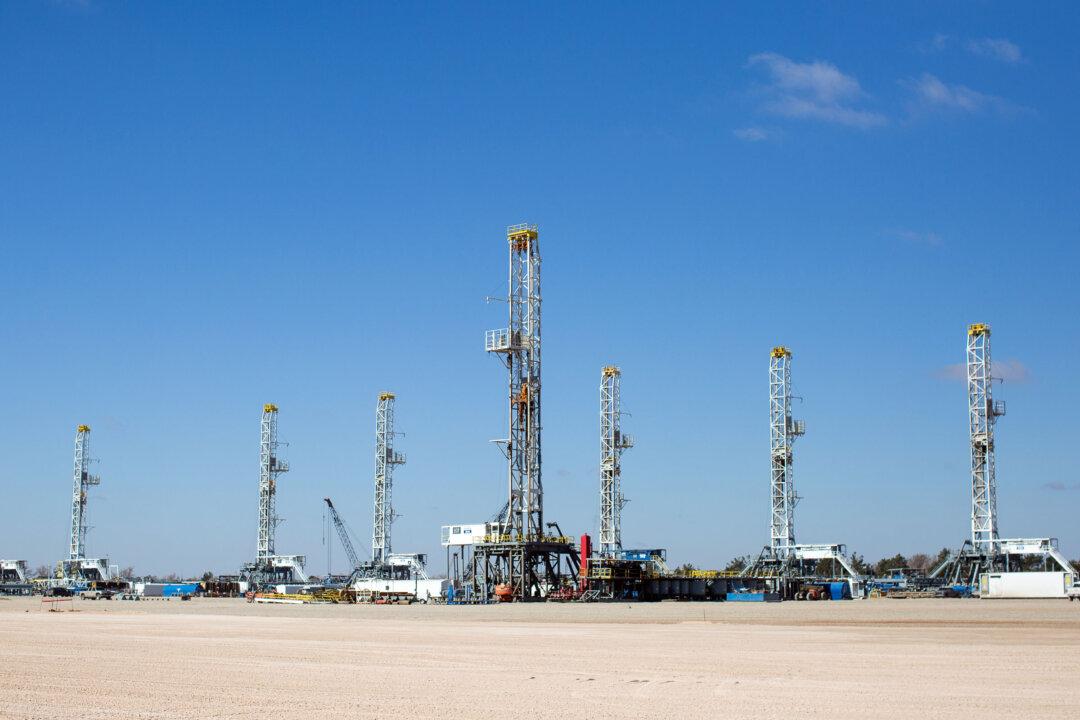BP PLC was found to be “grossly negligent” for its role in the worst oil spill in history, the 2010 Deepwater Horizon accident in the Gulf of Mexico. While BP has publicly stated its intention to appeal the decision, the potentially exorbitant penalties could force BP to settle with prosecutors.
After four years of debate and testimony, the long-awaited decision came down last week. The result was far worse than the “negligent” ruling BP had expected.
U.S. District Judge Carl Barbier’s decision—which was during a trial without jury—can exact fines from the London-based energy giant for as much as $18 billion in enhanced civil penalties under the federal Clean Water Act.
Swiss offshore drilling firm Transocean Ltd. and Texas-based oilfield services giant Halliburton Co. were also found to be guilty. BP, which owned the oil well, was found to be 67 percent guilty. Transocean was 30 percent guilty, while Halliburton was 3 percent guilty, according to Judge Barbier.
U.S. Attorney General Eric Holder said in a statement that the decision “will ensure that the company is held fully accountable for its recklessness.”
BP “strongly disagrees” with the ruling, the company said in an emailed statement. “The law is clear that proving gross negligence is a very high bar that was not met in this case.”
Stiff Penalties Could Push Settlement
Last week’s decision of an additional penalty of up to $18 billion under the Clean Water Act will likely hasten BP’s desire to settle.
Despite its outward intention of appealing the decision, letting the case drag on will affect both the firm’s reputation as well as its finances.
Investors hate nothing more than uncertainty. A contingent liability such as this makes valuation of BP’s shares extremely difficult and will subject it to unnecessary volatility going forward. BP’s shares on the London Stock Exchange fell almost 29 pence ($0.82), or 6 percent, last Thursday after the decision.
The company also likely desires to move on from the 2010 accident, which damaged its reputation in the United States and among environmentalists.
Last year, after a federal judge found Anadarko Petroleum Corp. to be liable for up to $14 billion in an environmental case, the Texas-based firm later settled for $5.2 billion. Its shares shot up almost 15 percent on the day the settlement was announced.
Mitigations
Investors and taxpayers should be aware that the publicly announced penalties are often the maximum amounts companies are liable, and the actual cash that ultimately exchanges hands could be less.
The amount BP ultimately pays the U.S. government, either in a settlement or after trial, could give the company a tax benefit.
The U.S. tax code is famously complex, and business expenses are typically deductible. For fines and penalties, there is leeway for different interpretations.
The code expressly forbids deductions on cash that is paid for violation of any law. However, unless a settlement states that the fines are not deductible, in many cases corporate fines and penalties can be considered remedial (as opposed to punitive) and would be deductible for tax purposes.
Last month, Bank of America paid $16.65 billion to settle U.S. government charges related to the mortgage-backed securities the bank (more specifically, the originator Countrywide Financial) sold leading up the 2008 financial crisis. The bank realized roughly $4 billion in tax savings related to the fine, according to a Wall Street Journal report last week.
Costly Spill
BP set aside $3.5 billion to cover civil penalties related to the Clean Water Act, according to its quarterly filings in July. That is on top of the $28 billion it had paid to third parties injured by the spill. In total, the company said that $43 billion was paid in total related to the 2010 disaster.
To fund the payments, BP has been divesting assets. Last year it announced $10 billion in planned asset sales by the end of next year.
Last Friday, an analyst at French investment bank Natixis suggested that BP could sell its lucrative interest in the Russia BP-Rosneft joint venture.




